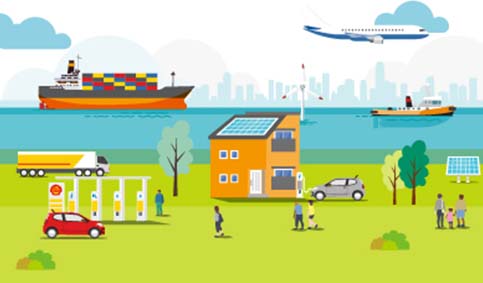Windfall taxes
Consumers continue to face higher energy bills due to rising global demand, high rates of inflation and the impact on supply caused by Russia's war in Ukraine. We recognise the effects that volatile prices have across society, in particular on vulnerable consumers and communities. We also recognise that this creates a challenge for governments that are under pressure to relieve the impact of higher prices.
In 2022, some governments introduced additional taxes on the gains made by the energy industry because of higher revenues from increased energy prices. These taxes are commonly referred to as windfall taxes.
For example, in May 2022, the UK introduced a 25% Energy Profits Levy on profits from oil and gas operations in the North Sea. In September 2022, the EU agreed that the crude petroleum, natural gas, coal and refinery sectors should be subject to a minimum 33% "solidarity contribution" on their surplus taxable profits in 2022 and/or 2023.
The EU solidarity contribution is scheduled to end in 2024, whereas the UK levy is expected to apply until 2028.
Shell expects to pay windfall taxes on profits made in 2022 of more than $1 billion, some of which we have paid in 2022 and 2023. The rest is due in coming years. Our corporate income tax paid in 2022 included $119 million in windfall taxes. By the end of the third quarter 2023, we had paid an additional $437 million in windfall taxes as part of our $10.1 billion corporate income tax payment in that same period.
While Shell recognises that taxation is the responsibility of government, we believe that collaboration is necessary between industry, government, consumers and other stakeholders to address the challenge of higher energy prices.
In general, we believe tax policies need to be designed with clear objectives and must be balanced to maintain the stability of the tax regime. This in turn will contribute to a more attractive investment environment.










